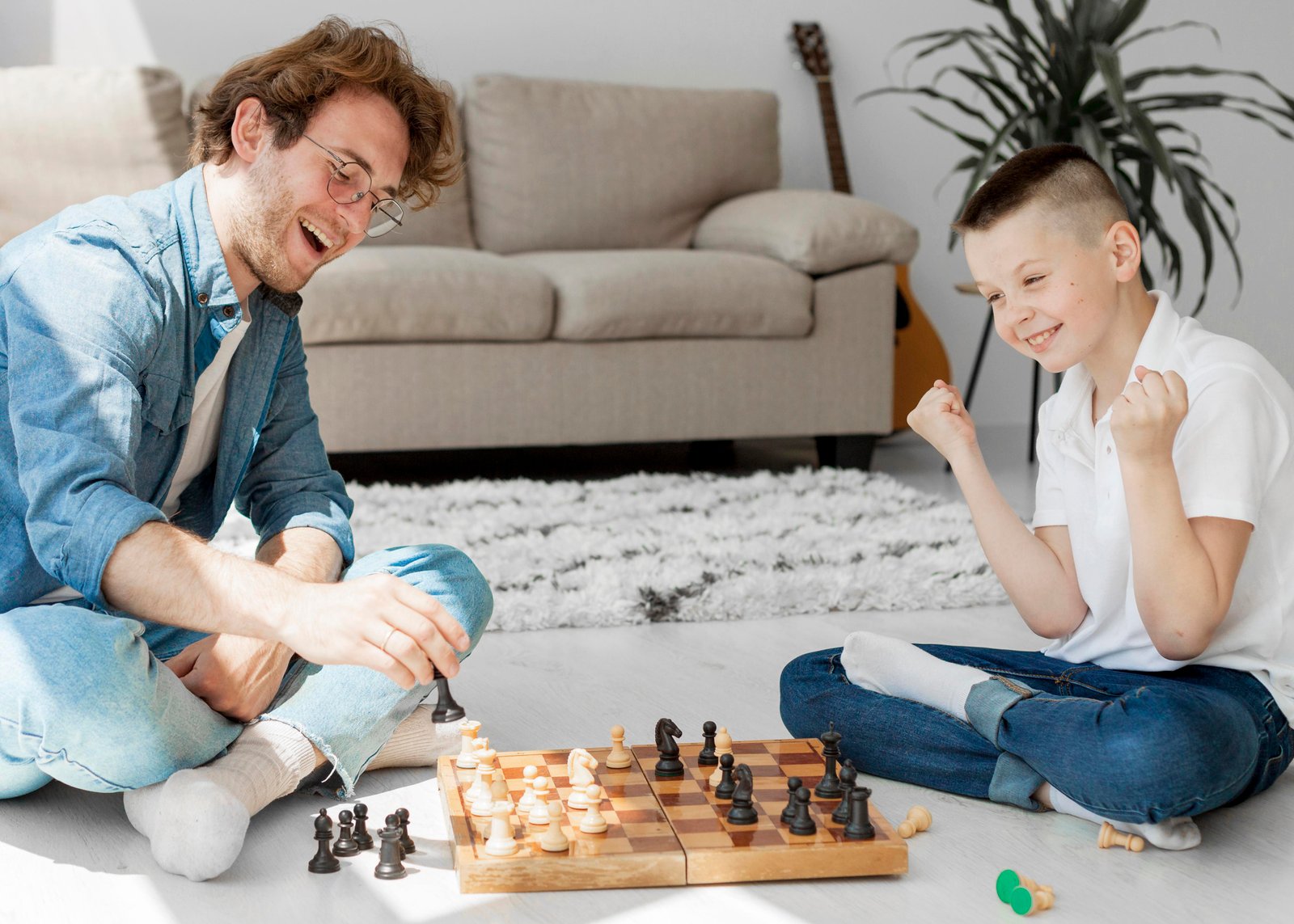
Chess is a game of strategy that sharpens the mind and builds critical thinking ability. It is more than a game. Chess education can make a real difference in your child's cognitive and social development early on. In addition to mastering the fundamentals of the game, a child-friendly introductory course in chess teaches life skills. Your child will learn these five core skills through a chess beginner course for kids.
Critical thinking is most likely the most important skill learned from chess. Every move is based on careful deliberation, insight, and the power of anticipating the opponent's next move. Kids learn to anticipate and examine the possible consequences of their actions through guided intervention and practice sessions. Problem-solving skills are thus developed and apply equally to everyday life and school assignments.
Chess is a game of strategy and planning where, more often than not, the winning result is dependent on patience. Children learn to make deliberate preparations for their moves instead of acting impulsively in basic chess training. During games, children are instructed to create short-term and long-term objectives, such as dominating the centre of the board or getting the target's king. Both on and off the board, this capacity to think ahead and wait for the best possible moment to act enables patience and wise decision-making.
Focus is necessary with chess since careless play can end the game for you. Getting them to follow their moves intently when looking forward to a move from their counterpart at a basic level is practised. Practice will help them sit through longer spans of time thinking, which in turn helps with schoolwork or other sustained concentration-type activities. As older children mature and grow up, this heightened attention becomes a reliable tool.
Recalling moves, patterns, and techniques is a vital part of becoming a chess master. Children in beginner classes study simple openings, strategy, and endgame play that they must retain and implement during games.
This consistent exercise improves mental processing and memory so that children can remember past errors and successes to make improved choices in subsequent games. In addition to improving chess, this ability improves academic achievement, especially in science and math classes.
Chess playing involves winning and losing, and beginning classes puts a great emphasis on emotional control and sportsmanship. Kids are taught to lose and win graciously and to look upon errors as opportunities for progress.
By having kids learn how to review their games so they can get better rather than be demoralised by defeat, chess instils introspection. Positive thinking about adversity and emotional resilience foster self-improvement and maturity.
Spending money for your kid to learn the basics of a chess beginner course is an investment in their personal and mental growth, not the mechanics of playing the game. The skills they acquire from chess become life-long tools, from strategic planning and critical thinking to focusing and keeping their emotions under check. Give your child the gift of chess, and see them grow into clever, capable, and empathetic human beings both in life and on the board.